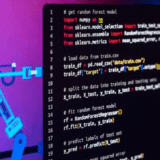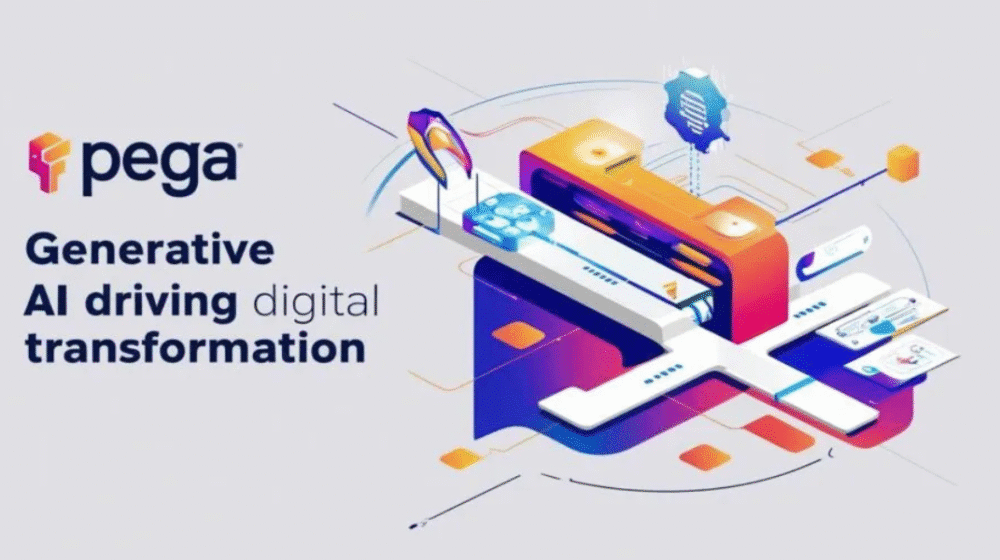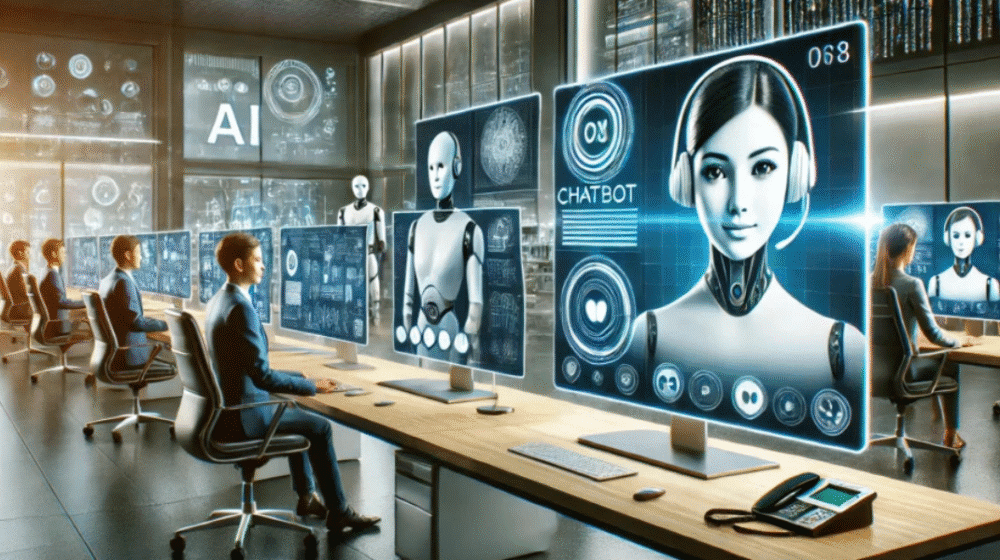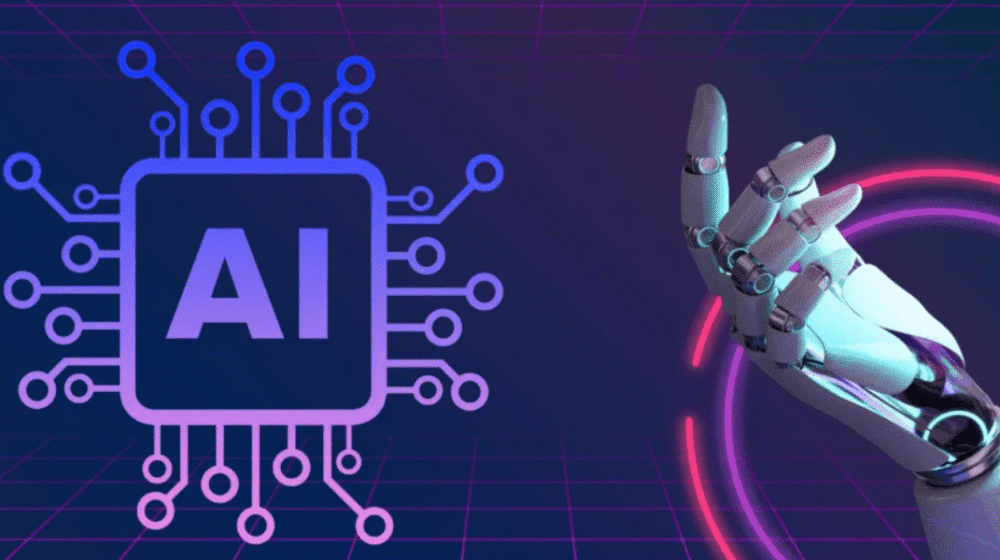Artificial Intelligence (AI) is revolutionising various industries, and recruitment is no exception. Traditional hiring methods often involve time-consuming manual processes, subjective decision-making, and the risk of unconscious bias. However, with AI-powered recruitment, companies can streamline hiring, improve candidate selection, and make more data-driven decisions.
In this blog, we’ll explore how machine learning in recruitment transforms hiring and why businesses should adopt AI-driven strategies to stay ahead.
How AI is Transforming the Hiring Process
1. Automating Resume Screening for Faster Hiring
One of the most time-consuming aspects of hiring is resume screening. HR professionals often have to sift through hundreds—if not thousands—of applications to find the right candidate. AI-powered tools can automate this process by scanning resumes, analysing skills, and ranking candidates based on predefined criteria.
According to a report by the Society for Human Resource Management (SHRM), between 35% and 45% of companies now leverage AI in their recruitment processes. The AI recruitment sector is projected to grow at a 6.17% compound annual growth rate (CAGR) from 2023 to 2030.
By using AI-driven hiring platforms, organisations can:
- Reduce the time spent on resume screening.
- Identify top candidates more efficiently.
- Allow recruiters to focus on strategic and high-value tasks.
2. Reducing Unconscious Bias in Recruitment
Unconscious bias can negatively impact hiring decisions, leading to a lack of diversity in organisations. AI can help mitigate this issue by focusing solely on skills, qualifications, and experience, removing factors such as gender, age, ethnicity, or personal background from the initial screening process.
Some AI-driven recruitment tools even offer blind hiring features, where candidate information is anonymised to ensure objective decision-making. By reducing bias, companies can build more diverse and inclusive teams, leading to increased innovation and improved workplace culture.
3. Enhancing Candidate Experience with AI
Candidate experience is crucial in attracting top talent. AI can enhance engagement and improve communication throughout recruitment.
- AI-powered chatbots can answer applicants’ queries in real-time, guide them through the application process, and provide instant feedback.
- Automated emails and personalised updates ensure candidates stay informed about their application status.
- AI tools can assess a candidate’s preferred job roles and suggest relevant positions, improving job matching.
By leveraging AI-driven hiring solutions, businesses can create a seamless and engaging recruitment experience, increasing their chances of attracting top candidates.
4. Predictive Analytics for Better Hiring Decisions
AI doesn’t just help with hiring—it helps with hiring the right people. Predictive analytics uses historical data and machine learning models to assess a candidate’s likelihood of success in a given role.
AI tools can evaluate:
- Past job performance
- Skill set compatibility
- Cultural fit within the company
This data-driven approach significantly reduces bad hires, improves employee retention rates, and helps businesses make informed hiring decisions.
5. AI-Powered Video Interviews & Skill Assessments
Video interviews are becoming increasingly popular, and AI is making them even more efficient. AI-powered platforms can:
- Analyse speech patterns and body language to assess candidates’ confidence and communication skills.
- Evaluate responses in real time and provide automated feedback.
- Automated skill assessments are conducted to ensure that candidates possess the required expertise.
Companies can standardise evaluations by using AI-driven video interviews, making the recruitment process more efficient and accurate.
Challenges & Ethical Considerations of AI in Hiring
While AI recruitment offers numerous benefits, it also presents challenges that companies must navigate.
- Potential Bias in AI Algorithms – While AI aims to reduce bias, poorly trained models can still reflect unintended biases. Companies must regularly audit AI systems to ensure fairness.
- Lack of Human Interaction – Automation can make the process impersonal. Employers should balance AI with human involvement to maintain a positive candidate experience.
- Data Privacy & Security: AI tools collect large amounts of personal data. Businesses must comply with data protection regulations and handle candidate information securely.
Organisations should implement transparent AI systems and maintain human oversight in recruitment processes to ensure ethical AI hiring practices.
The Future of AI in Recruitment
As technology evolves, AI in recruitment will become even more sophisticated. Future advancements may include:
- AI-driven onboarding to personalise training and career development.
- More advanced NLP (Natural Language Processing) to improve candidate interactions.
- Integration with HR software for a seamless hiring process.
Companies that adopt AI-powered recruitment solutions will gain a competitive advantage in attracting and retaining top talent.
Conclusion
Integrating AI in recruitment transforms how businesses attract, assess, and hire talent. By leveraging machine learning, organisations can streamline hiring processes, reduce bias, enhance candidate experiences, and make data-driven hiring decisions.
While challenges exist, ethical AI use, transparency, and human-AI collaboration will lead to smarter, fairer, and more effective hiring.








